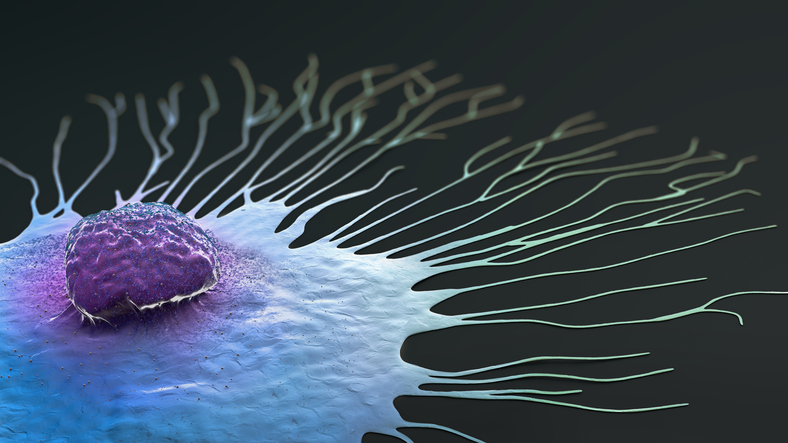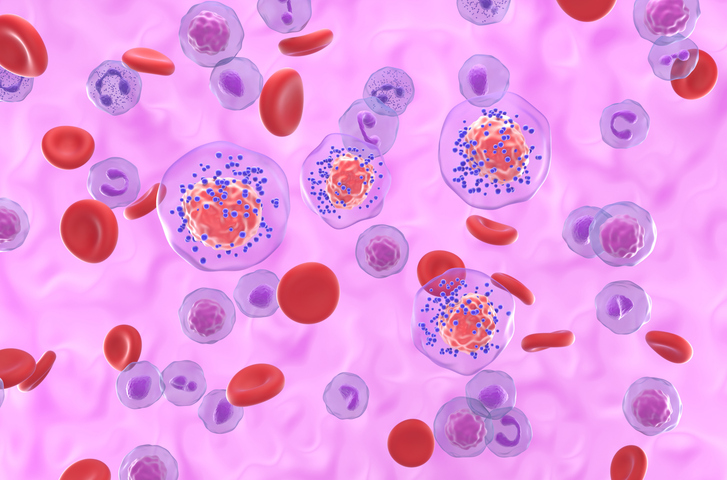
Recent evidence has suggested that proteins in the Retinoblastoma binding protein (RBBP) family play a functional role in tumor development. Following these findings, Zitong Zheng and colleagues conducted a study to determine the biological role of RBBP4 in triple-negative breast cancer (TNBC) pathogenesis. After their analyses, they concluded that “the inhibition of RBBP4 suppresses the malignant progression of TNBC cells by regulating EMT.”
Furthermore, in their article in Genes & Genomics, the authors suggested that “RBBP4 could serve as a novel biomarker and target for TNBC diagnosis and treatment.”
The authors initially assessed RBBP4 expression in TNBC tissue and cell lines. They stated that they verified oncogenic-related mechanisms of RBBP4 via a series of in vitro and in vivo experiments.
The authors reported that, “at the cellular and tissue level, a marked increase in the RBBP4 expression was observed.” Additionally, inhibition of RBBP4 appeared to “dramatically” reduce the proliferation, invasion, and migration of TNBC cell in vitro. The mechanism of RBBP4 downregulation’s beneficial effect was attributed to inactivation of epithelial-mesenchymal transition (EMT) of TNBC cells.
“Collectively,” outlined the authors, “our results showed that the inhibition of RBBP4 suppresses the malignant progression of TNBC cells by regulating EMT.”
Visit the Breast Cancer Resource Center for More Related Research







 © 2025 Mashup Media, LLC, a Formedics Property. All Rights Reserved.
© 2025 Mashup Media, LLC, a Formedics Property. All Rights Reserved.